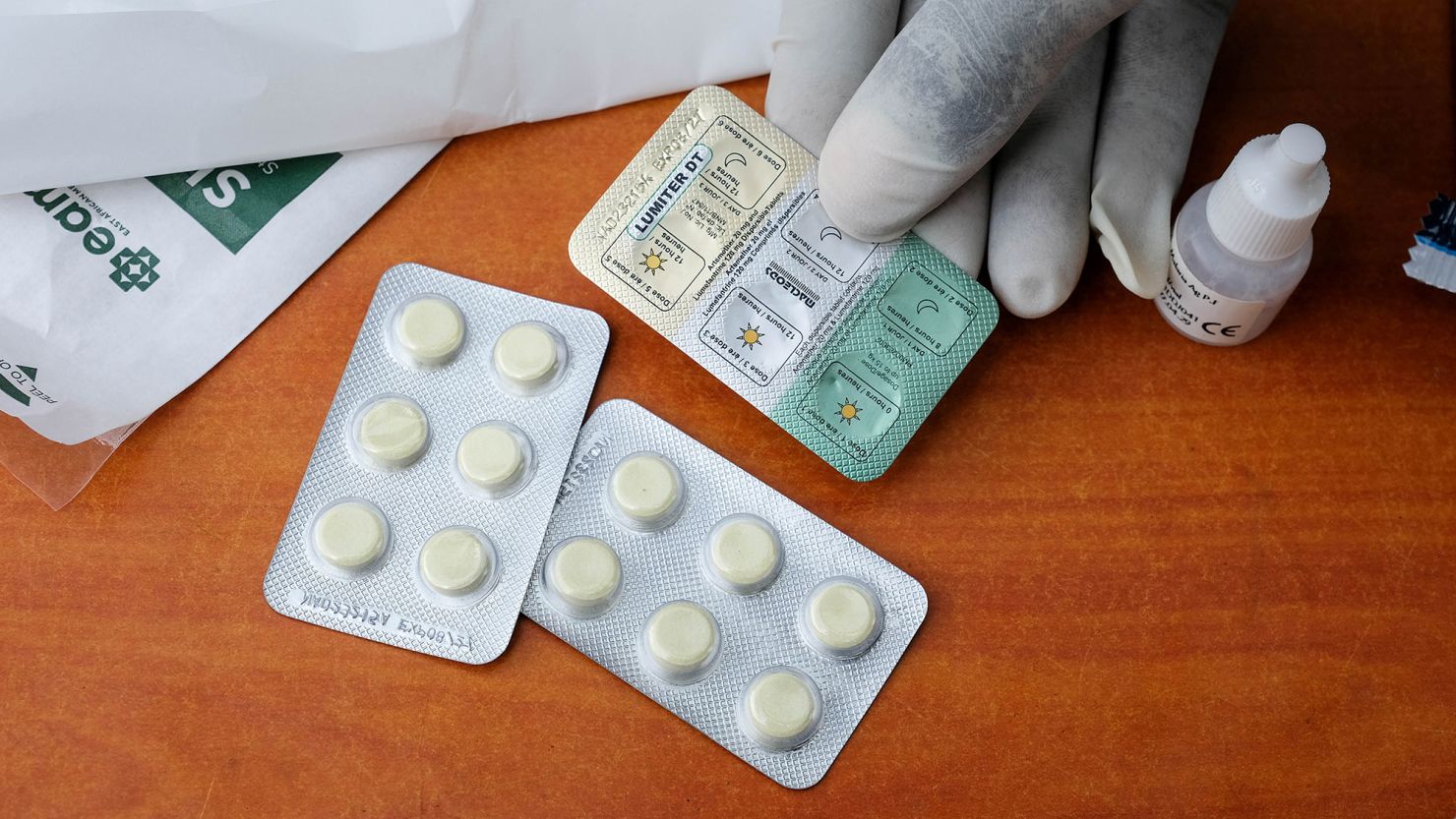A Lifeline for Africa’s Newborns: First-Ever Malaria Drug Approved for Infants


Quidah is an online platform that connects investors with curated opportunities and expert insights on Africa’s emerging markets, while offering businesses promotional services, partnership facilitation, and market intelligence to attract capital and grow their operations.
Industries
A new chapter has opened in the global fight against malaria with the approval of Coartem Baby, the world’s first malaria treatment designed specifically for newborns and infants under 4.5 kg. Developed by Novartis in partnership with the nonprofit Medicines for Malaria Venture (MMV), and recently greenlit by Swiss medical regulator Swissmedic, this sweet, cherry-flavored dissolvable tablet is set to roll out across eight African countries, offering hope for millions of the continent’s most vulnerable children.
Until now, treating malaria in the youngest babies often meant breaking up or dissolving adult or child pills, risking improper dosing and side effects. New research has shown that infants’ livers process drugs differently, making precise, age-appropriate medications essential. Coartem Baby addresses this gap: it is easy to administer, mixes with breast milk or water, and is tailored for safe and effective use in newborns and infants.
The drug’s approval—fast-tracked by Swissmedic for global health impact—means that Burkina Faso, Côte d’Ivoire, Kenya, Malawi, Mozambique, Nigeria, Tanzania, and Uganda will be among the first to benefit. Novartis has pledged to provide Coartem Baby on a not-for-profit basis in malaria-endemic regions, aiming to remove financial barriers and save lives on a wide scale.

This innovation arrives at a critical time. According to the World Health Organization, malaria remains one of Africa’s deadliest diseases, with over 600,000 deaths in 2023 alone—most of them children under five. Nearly 30 million infants are born each year into malaria-endemic regions, yet until now, there has been no infant-specific treatment available.
Healthcare experts say the rollout of Coartem Baby could transform the prospects for Africa’s youngest children. By ensuring accurate dosing and easier administration, the drug is expected to improve treatment outcomes, reduce mortality, and relieve pressure on healthcare workers, especially in rural areas where resources are limited.
However, the success of this breakthrough will depend on more than the drug itself. National health systems must be equipped for distribution, clinics must be trained in proper dosing, and community awareness must be raised so parents and caregivers recognize malaria symptoms early and seek timely care. The fight against malaria also demands continued support for prevention—like bed nets, vaccines, and vector control—alongside improved diagnosis and treatment.
With innovative science, determined partnerships, and a focus on access and affordability, Coartem Baby represents a major advance in global child health. If effectively rolled out, it could help rewrite the story of malaria in Africa—offering hope and a healthier future to millions of newborns and their families.


